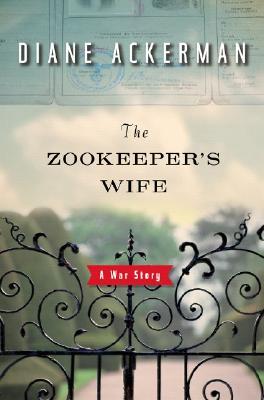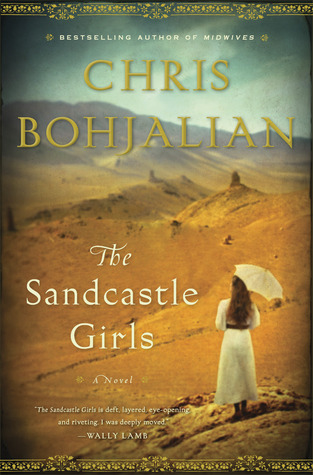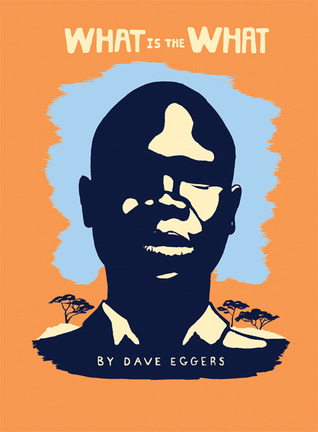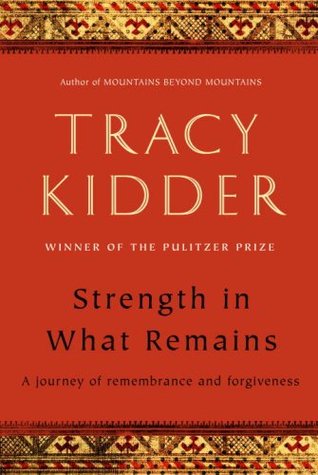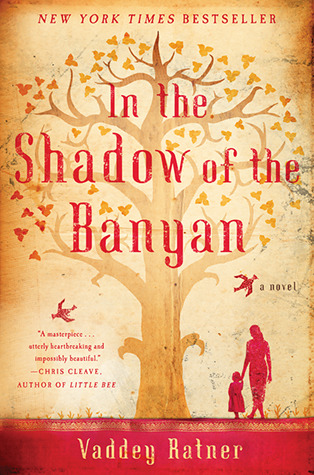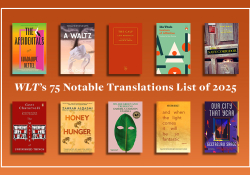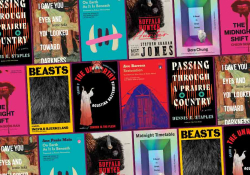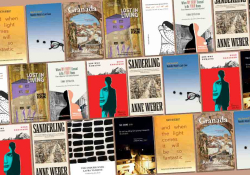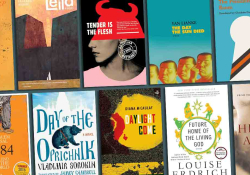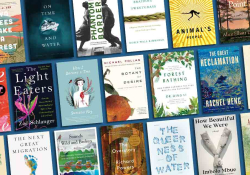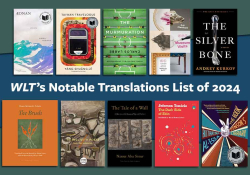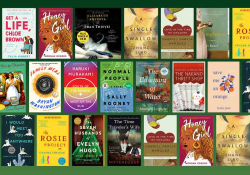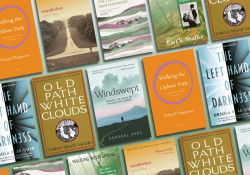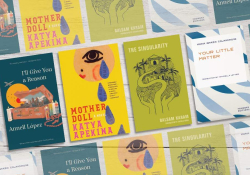Genocide in Fiction
The recent movie adaptation of the novel Ender’s Game, along with the continued strife in Syria, remind us that, reality or fantasy, genocide is a topic we are unable to avoid. Whether in the dark jungles of the Congo, the sunbaked plazas of Turkey, or the snowy wastes of Auschwitz, genocide has left scars the world over. Today we consider books by authors that address the topic in order to explore the human capacity for darkness and, more importantly, healing.
The Zookeeper’s Wife
Diane Ackerman
Jan and Antonina Zabinski, zookeepers, must deal with the Nazi invasion of Poland in this sweeping, historical novel.
The Sandcastle Girls
Chris Bohjalian
A modern-day narrator tells the story of his grandparents’ survival from the mass killings in Turkey and Syria during the Armenian genocide.
What Is the What
Dave Eggers
This ingenious nonfiction novel tells the unbelievable story of Valentino Achak Deng as he joins a band of so-called “Lost Boys” wandering the continent in search of refuge from the violence in Darfur (see Kevin Brooks, “Dave Eggers’s What Is the What as World Literature," WLT 84, no. 2 [March 2010]: 36-40).
Strength in What Remains
Tracy Kidder
Deo, a witness to the genocide in Rwanda and Burundi, provides a chilling overview of that conflict in this nonfiction work.
In the Shadow of the Banyan
Vaddey Ratner
Seven-year-old Raami must undergo unspeakable turmoil to survive in this harrowing account of the Khmer Rouge genocide.
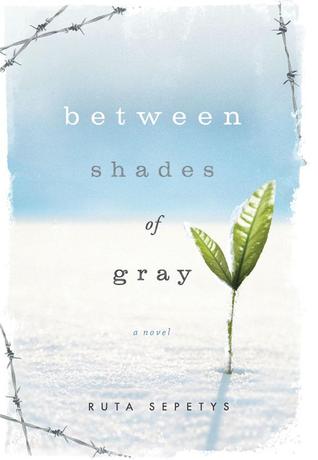
Between Shades of Gray
Ruta Sepetys
This is a haunting and beautiful story following fifteen-year-old Lina, her family, and thousands of other Lithuanians as they’re sent to Siberia during Stalinist rule.
